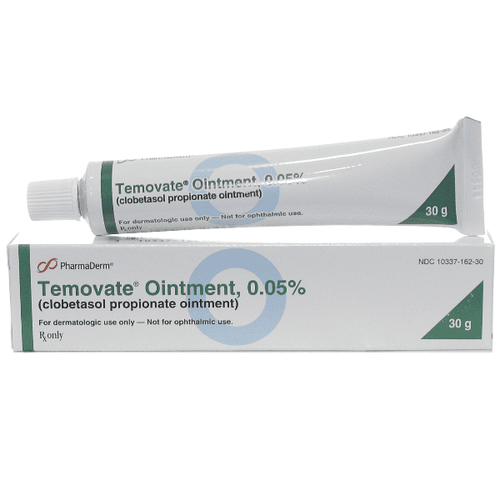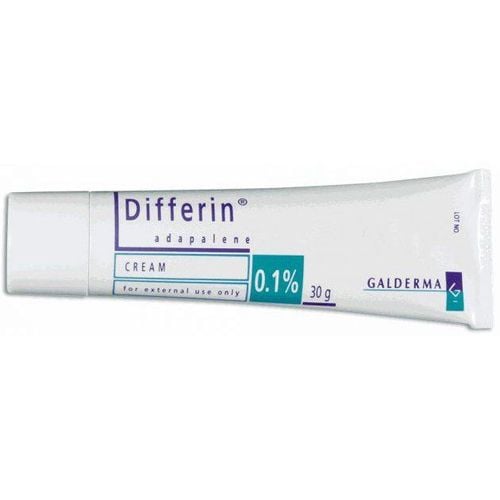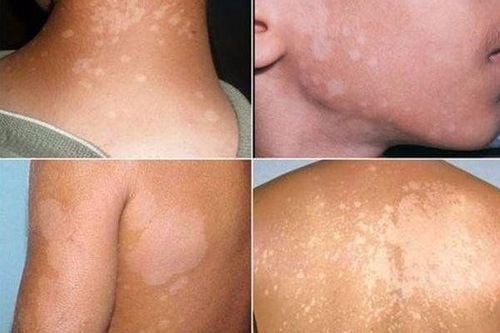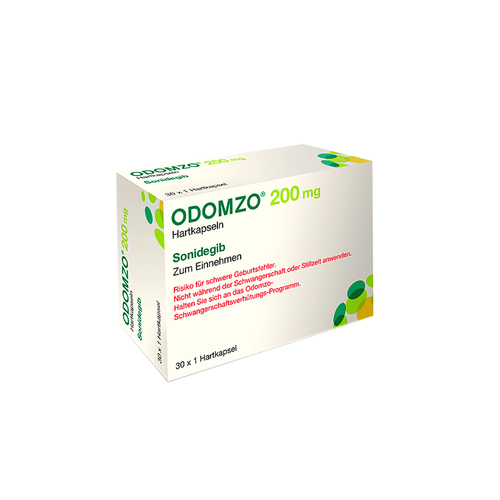This is an automatically translated article.
Article by Master, Doctor Mai Vien Phuong - Gastrointestinal endoscopist - Department of Medical Examination & Internal Medicine - Vinmec Central Park International General Hospital.
Itchy skin is an itchy, uncomfortable feeling that makes you want to scratch. Itching can be a symptom of some types of cancer, but it can also be a response to cancer treatments.
1. What cancers can cause itchy skin?
A 2018 study of 16,000 people in the Johns Hopkins Health System indicated that patients with generalized itching were more likely to develop cancer than patients without itching. The most common types of cancer associated with itching include:
Skin cancer: Itchy skin is one of the most common signs of skin cancer. This is because skin cancer is identified as a new or changed spot on the skin. In some cases, itchiness can be the reason the spot is noticed. Pancreatic cancer: People with pancreatic cancer may experience itchy skin. However, itching is not a direct symptom of cancer. Jaundice can develop because the tumor blocks the bile, and chemicals in the bile can get into the skin and cause itching. Lymphoma: Itching is a common symptom of skin lymphoma, T-cell lymphoma, and Hodgkin lymphoma. Itching is less common in most types of non-Hodgkin lymphoma. Itching may be caused by chemicals released by the immune system in response to lymphoma cells. Polycythemia vera: In polycythemia vera, itching can be a sign of cancer. Itching may be especially evident after a hot bath. Bile duct cancer Gallbladder cancer Liver cancer 2. What cancer treatments cause itching? Itching from cancer treatment can be an allergic reaction. Some cancer treatments associated with long-term itching include: Chemotherapy Radiation Bortezomib (Velcade) Brentuximab vedotin (Adcetris) Ibrutinib (Imbruvica) Interferon Interleukin-2 Rituximab (Rituxan, MabThera) Itching may also be possible. due to hormone therapy for breast cancer, such as:
Anastrozole (Arimidex) Exemestane (Aromasin) Fulvestrant (Faslodex) Letrozole (Femara) Raloxifene (Evista) Toremifene (Fareston) Tamoxifen (Soltamox)
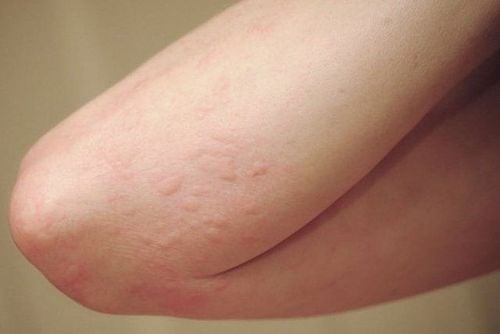
3. Other reasons your skin might be itchy
Itchy skin doesn't mean you have cancer. It's likely that your itching is due to something more common. For example:
Dry skin : Skin that is too dry can be severely itchy. If the itching is caused by dry skin, your dermatologist may recommend making some changes to your skin care and using a generous amount of moisturizer. Bug bites: When bitten by a mosquito, the cause of the itchy skin is often obvious and the itching tends to go away quickly. When bugs live on the skin, the itching can be persistent and uncontrollable. Bugs that can cause long-term itching include bed bugs, lice, and ticks (scabies). Allergic skin reactions: Our skin can develop an allergic reaction to many substances. One of the most common substances that can cause allergic skin reactions is nickel, which is found in many products that we come into contact with every day. Products that contain nickel include cell phones, jewelry, eyeglass frames, zippers and belt buckles. Reactions to plants or marine life: Plants like poison ivy are well known for causing an itchy rash, but it's not the only plant that can. If you don't know that a plant is causing you an itch, the itch can be long-lasting. Marine life can also give you an itchy rash after being in the water. Nerve problems: When a nerve doesn't work properly, it can cause itchy skin. If there is damage along the nerve from illness or injury, it can cause the skin to itch. This itch tends to happen in one place on your body and you don't see a rash. Diseases that can cause this type of itch include stroke, multiple sclerosis. 4. Skin is itchy, when to see a doctor? If you think itching could be a sign of cancer, go to a medical facility for examination, diagnosis and timely treatment. Symptoms of itchy skin that should be seen include:
Itching lasts more than 2 days Your urine is dark like tea Your skin turns yellow You scratch your skin until it ulcerates or bleeds A rash that gets worse when applying ointment or cream Skin is bright red or has crusted blisters Pus or skin discharge has an unpleasant odor Unable to sleep overnight because of itching Signs of a serious allergic reaction such as difficulty breathing, rash rash or swelling of the face or throat In summary, there are many potential causes of itching. In some cases, it can be a symptom of certain types of cancer or cancer treatment. If you have cancer and feel unusually itchy, see your doctor to make sure it's not a sign of a serious problem. Your doctor can help you pinpoint the specific cause and offer some suggestions on how to relieve the itching.
Please dial HOTLINE for more information or register for an appointment HERE. Download MyVinmec app to make appointments faster and to manage your bookings easily.
References:10 reasons your skin itches uncontrollably and how to get relief. (n.d.). aad.org/public/diseases/itchy-skin/skin-itches-uncontrollably Ahern K, et al. (2012). Pruritus in cutaneous T-cell lymphoma: A review. ncbi.nlm.nih.gov/pmc/articles/PMC3618025/ Chronic myeloproliferative disorders. (2017). rarediseases.info.nih.gov/diseases/9319/chronic-myeloproliferative-disorders Is itching a sign of cancer? (2016). blog.dana-farber.org/insight/2016/08/is-itching-a-sign-of-cancer/ Itching. (2015). cancer.org/treatment/treatments-and-side-effects/physical-side-effects/skin-problems/itching.html Itching. (n.d.). cancer.unm.edu/cancer/cancer-info/cancer-treatment/side-effects-of-cancer-treatment/less-common-side-effects/skin-reactions/itching/






